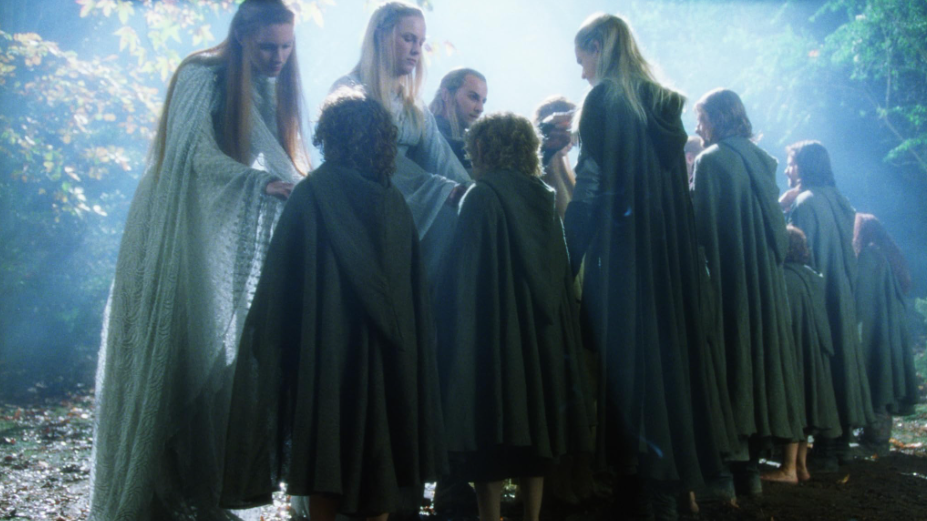“Seberg,” directed by Benedict Andrews, is an underwhelming and vapid portrayal of its iconic titular character.
The story of Jean Seberg is ripe for telling, yet the film lacks any hint of complexity or nuance in depicting her story. Instead, we are left with an uninspired account of her life that acts more like the cinematic equivalent of a Wikipedia article. It is clear Andrews is trying to breeze through her life, but the resolutions never truly feel earned. At a mere 103 minutes, the film attempts to cover all of the most important events in Seberg’s tragically short existence, providing a paper-thin account of her life in the process.
“Seberg” falls into the pit many biopics have before, and that is to assume the story it is telling is impressive enough on its own to forego any further effort in making a great film. However, a film cannot succeed as a piece of good storytelling simply because the events it is based on are compelling. The happenings of “Seberg” are undoubtedly compelling, and its cast is undoubtedly talented. Yet, the film insists on giving us the blandest iteration of this story.
Jack O’Connell’s by-the-numbers FBI agent who is excellent at his job but soon realizes his work is compromising his morals is a tiresome, insulting cliche. Vince Vaughn’s unnecessarily villainous performance as a racist, abusive and irate FBI superior is about as believable as well, any character portrayed by Vince Vaughn. There is clear social commentary about gender norms. However, they are clumsily outdated and unsubtle. The clunky manner in which the film tries to integrate its message into its story rivals bottom feeder films like “God’s Not Dead.”
However, the greatest sin Andrews commits is the underutilization of its lead’s talents and its poor, shallow representation of Jean Seberg as a person. It is particularly poetic that Kristen Stewart, an American who gained immense credibility as an actor for her roles in French art-house films, was chosen to play Jean Seberg, an American actor whose turn in the French New Wave helped to define a cinematic movement which continues to inspire filmmakers and cinephiles to the present day.
Despite the seemingly providential nature of this casting choice, Stewart is given little to do as Seberg, who is continually spouting expository dialogue. We are given little insight into her wants and needs and why she is so passionate about these causes. The motivations behind her actions are kept obscured, and the script does not seem particularly interested in understanding those motivations. Joe Shrapnel and Anna Waterhouse’s script is more interested in what she did than why she did it, which is always the more interesting question.
Her allegiance to the Black Panthers and to the Civil Rights movement as a whole at a time when her stance was not socially or politically normative is criminally taken for granted. Her complex and strained relationship with her husband is only ever hinted at. We never see a Jean in love or a Jean that is conflicted. Her extramarital affair seemingly just happens to her, as does the rest of the movie.
Jean Seberg is an icon, one who not only contributed substantially to the worlds of film and fashion, but who also advocated for human rights and helped to expose racial targeting within the FBI. Her story deserved a better movie.
‘Seberg’ botches the fascinating true story
March 4, 2020

Photo by Creative Commons
Drama/Thriller “Seberg” was released in theaters on Dec. 13, 2019.
0
Donate to The Battalion
$0
$2500
Contributed
Our Goal
Your donation will support the student journalists of Texas A&M University - College Station. Your contribution will allow us to purchase equipment and cover our annual website hosting costs, in addition to paying freelance staffers for their work, travel costs for coverage and more!
More to Discover














